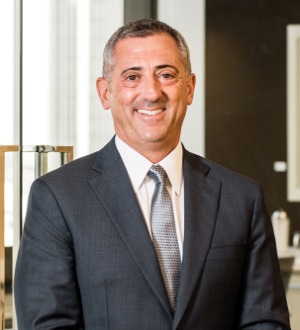Best Lawyers in California, United States for Food and Beverage Law
Practice Area Overview
FDA conducts its regulatory activities primarily under the authority established in the Federal Food, Drug, and Cosmetic Act (FD&C Act). The FD&C Act establishes two primary categories of food: (1) dietary supplements and (2) conventional food, which covers all food that is not marketed as a dietary supplement. The FD&C Act specifies the mandatory information that must appear on all food labels. It also requires that all food and food ingredients be safe for consumption.
To implement the FD&C Act, FDA relies on both its own field staff throughout the country and also state and local food officials. FDA can take formal court enforcement action (seizure, injunction, and criminal prosecution) through the Department of Justice, and informal administrative action (e.g., warning letters and requests for recall or detention) without court action. Individuals and companies can bring lawsuits in federal and state courts alleging that they have suffered damage from action that they believe violates the FD&C Act, but there is no direct private cause of action under the FD&C Act.
Lawyers with specialized knowledge and experience in food law are involved in advising companies and individuals, as well as in litigation, on every facet of the food industry. They help companies comply with complex labeling requirements and the safety standards that apply both to ingredients and to finished food products. When issues arise, lawyers work with company officials to meet with the appropriate federal and state regulatory personnel and prepare responses to agency questions. They help trade associations and companies draft comments on proposed new regulations or guidance, as well as on legislative testimony on federal and state bills that would amend existing food laws or otherwise affect the food industry. Because of their recognized expertise and experience on food industry issues, they are relied upon as valued members of the industry.

Select a city from the list below to find the best legal talent for your needs.
Cities
Lawyers who have a subscription to profiles appear first.
Would you like to claim your lawyer profile?
Contact Us

Our Methodology
Recognition by Best Lawyers is based entirely on peer review. Our methodology is designed to capture, as accurately as possible, the consensus opinion of leading lawyers about the professional abilities of their colleagues within the same geographical area and legal practice area.
The Process
Best Lawyers employs a sophisticated, conscientious, rational, and transparent survey process designed to elicit meaningful and substantive evaluations of the quality of legal services. Our belief has always been that the quality of a peer review survey is directly related to the quality of the voters.


